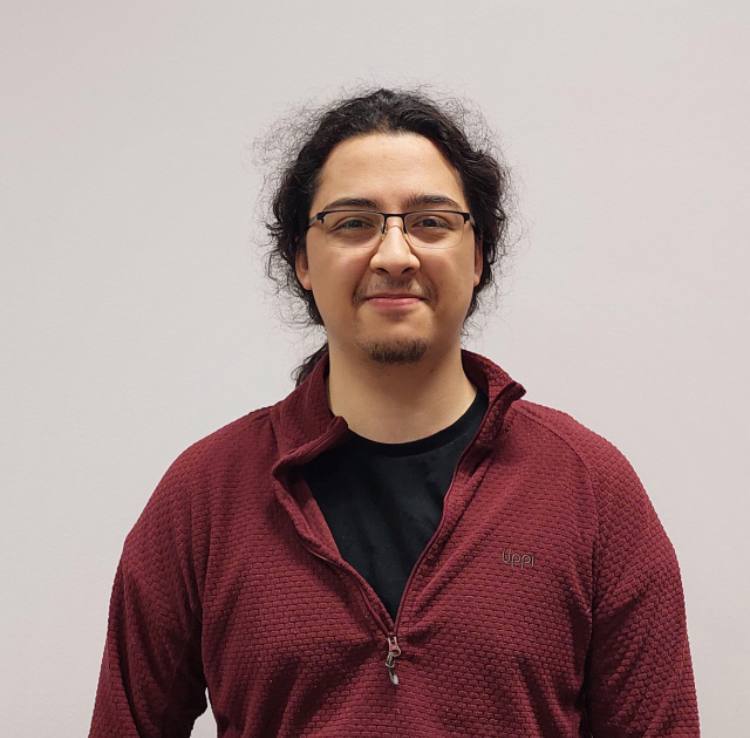People
Faculty
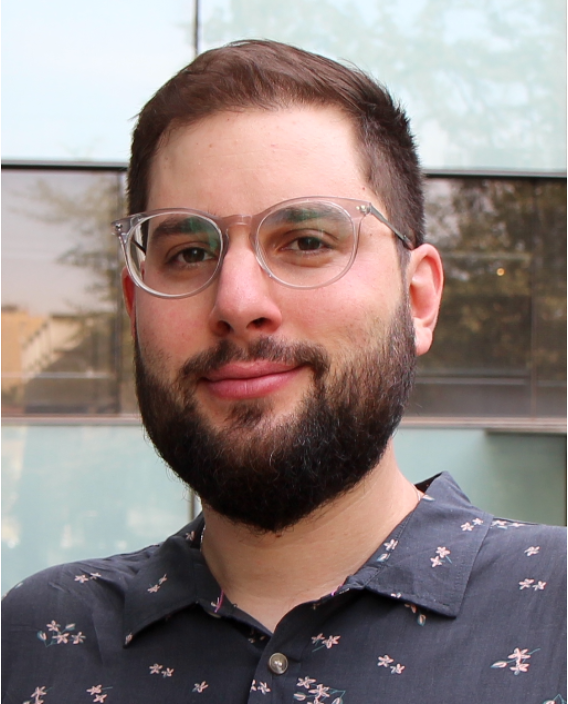
Andrés Abeliuk
Andrés Abeliuk is an assistant professor at the Department of Computer Science at the University of Chile and a researcher at the National Center for Artificial Intelligence (CENIA). His research studies the relationship between algorithms and humans in social computing systems, applying machine learning models, optimization, game theory, and online experiments to drive collective behavior toward more efficient social outcomes. In 2016, he received his Ph.D. in computer science from the University of Melbourne, Australia. His thesis was on the optimality and predictability of socially influenced online markets.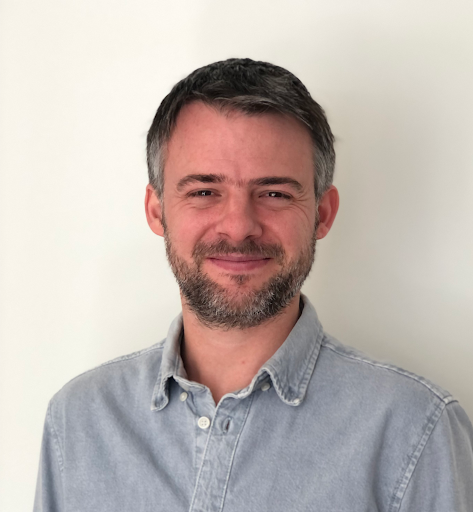
Pablo Beytía
Pablo Beytía is an adjunct professor of digital society and computational social science at the Institute of Sociology of the Catholic University of Chile. He holds a Ph.D. from the Humboldt University of Berlin and is the director of Monitor Social (www.monitorsocial.cl), a company dedicated to creating systems that report real-time social indicators. His research focuses on how digital platforms frame information about humans, creating content inequalities that favor specific social groups. Pablo’s research interests include digital discourse, open knowledge, platform power, digital social memory, and artificial intelligence for social data reporting.
Cristian Candia
Cristian Candia is a researcher in computational social science. He is an Assistant Professor and the Director of the Computational Social Science Research Lab (CRISS-LAB) at the Universidad del Desarrollo in Chile, and an External Faculty member at the Northwestern Institute on Complex Systems (NICO), Kellogg School of Management, Northwestern University. Cristian holds a PhD in Social Complexity Science, having conducted his doctoral research thesis at the MIT Media Lab, with additional research roles at the Center for Complex Networks Research (CCNR) at Northeastern University and Harvard Medical School, as well as at Central European University (CEU). His research integrates data science with human behavior theories to address issues like collective intelligence, school coexistence, and digital democracy. He has secured funding for key projects through ANID-FONDECYT Initiation and FONDEF grants, linking academia, public policy, and industry to promote social innovation. Cristian has also developed digital tools such as Lixandra, discolab, and Capybara, applying AI and network science to real-world challenges. His work has been published in top journals like Nature Human Behaviour.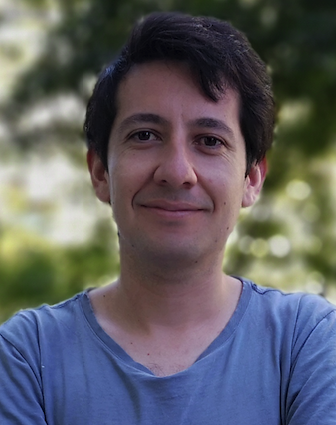
Hernán Sarmiento
Hernán Sarmiento is a Senior Data Scientist at Millennium Institute for Foundational Research on Data (IMFD). He obtained his Ph.D. in Computer Science at the Department of Computer Science at the University of Chile. His interests include social network analysis using data mining, machine learning and NLP approaches applied to several topics, such as crisis informatics, polarization, and disinformation.Speakers
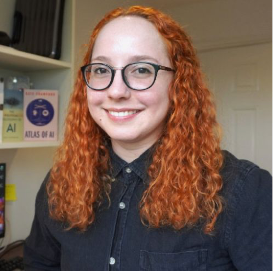
Gabriela Arriagada
Gabriela Arriagada holds a Bachelor's degree in Philosophy from the Pontificia Universidad Católica de Chile, a Master of Science in Philosophy and Ethics from the University of Edinburgh, and a PhD in Philosophy with a specialization in AI ethics from the Interdisciplinary Applied Ethics Centre at the University of Leeds, UK. She is currently an Assistant Professor of AI and Data Ethics with a joint appointment at the Institute for Applied Ethics and the Institute for Mathematical and Computational Engineering at the Pontificia Universidad Católica de Chile. She is also a junior researcher at the National Center for Artificial Intelligence (CENIA) in Chile and serves as the Latin American Lead for the World Ethical Data Foundation (WEDF). Her recent projects include the development of a sociotechnical methodology to identify biases in AI models, the creation of an ethical framework for technology transfer projects at CENIA, and a gender-based diagnostic of AI applications in healthcare in Chile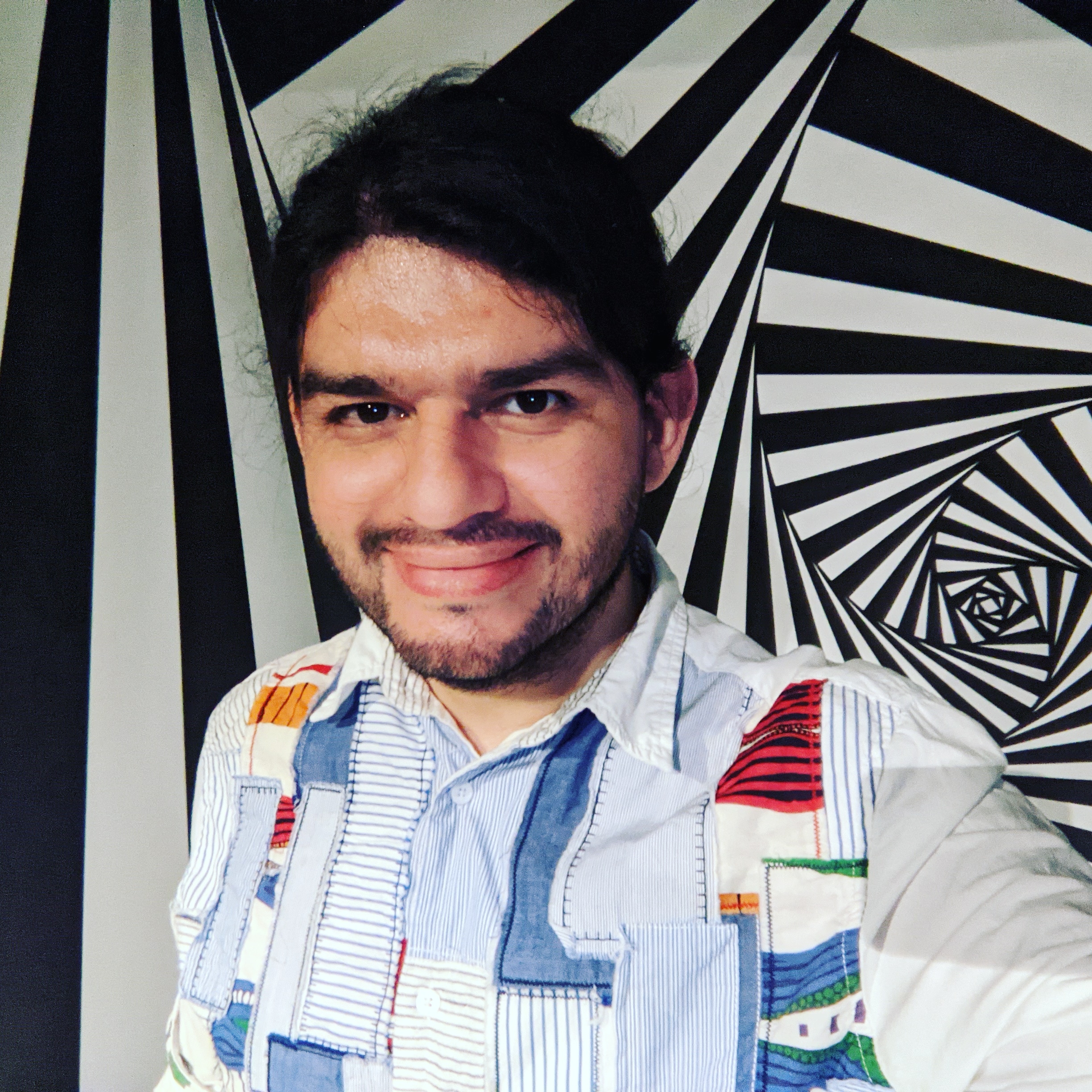
Eduardo Graells-Garrido
Eduardo Graells-Garrido is an Assistant Professor at the Department of Computer Science in the University of Chile (Chile) and a Young Researcher at the National Center for Artificial Intelligence (Chile). His areas of expertise are urban informatics, information visualisation, and computational social science.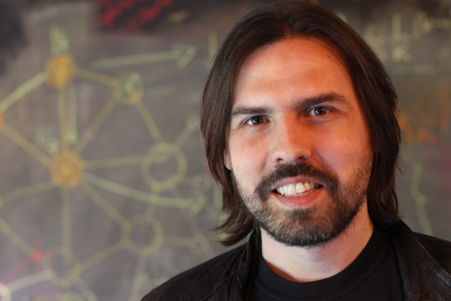
César Hidalgo
César A. Hidalgo is a Chilean-Spanish-American scholar known for his contributions to economic complexity, data visualization, and applied artificial intelligence. Hidalgo leads the Center for Collective Learning (CCL), a multidisciplinary research group at the Toulouse School of Economics and Corvinus University of Budapest. Between 2010 and 2019 Hidalgo led MIT’s Collective Learning group, and prior to that, he was a research fellow at Harvard’s Kennedy School of Government. Hidalgo is also a founder of Datawheel, an award winning company specialized in the creation of data distribution and visualization systems such as the Observatory of Economic Complexity (oec.world). He holds a PhD in Physics from the University of Notre Dame and a Bachelor in Physics from Universidad Católica de Chile. He is the author of dozens of peer-reviewed papers and of three books: Why Information Grows (Basic Books, 2015), The Atlas of Economic Complexity (MIT Press, 2014), and How Humans Judge Machines (MIT Press, 2021). His upcoming book, The Infinite Alphabet (Penguin-Random House, 2025) explores the principles governing the growth, diffusion, and valuation of knowledge.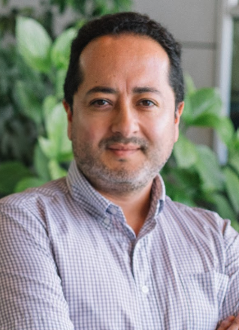
Marcelo Mendoza
Marcelo Mendoza received his master's degree in informatics from the Federico Santa María Technical University, Chile, and his Ph.D. in computer science from the University of Chile. He held a postdoctoral position at Yahoo Research. He is currently a professor in the Department of Computer Science at the Pontifical Catholic University of Chile. He is a founder and former President of the Chilean Association for Pattern Recognition. He is currently principal researcher at the National Center for Artificial Intelligence and Associate Researcher at the Millennium Institute for Foundational Research on Data. His research has addressed the relationship between the stance of Twitter users and the veracity of their messages, the design and implementation of automated predictive model for fake news, the possibilities and limitations of sentiment analysis models on social networks, the relationships between opinion dynamics and political election outcomes, analysis of television media bias using NLP, the predictive power of reactions from Twitter users to infer earthquake damage levels, the use of the transformer architecture's self-attention mechanisms for stance classification, the develop of bot detection methods based on network features, and the predictive capacities of graph neural networks to anticipate controversy in social media conversation threads.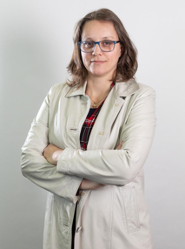
María Paz Raveau
María Paz Raveau es PhD en Ciencias de la Complejidad Social (UDD). Sus intereses de investigación se enmarcan en la ciencia política, particularmente en la democracia deliberativa y la economía política. Ello desde un enfoque de las ciencias sociales computaciones, con énfasis en el procesamiento de lenguaje natural. Participó en la sistematización de datos del proyecto Tenemos que Hablar de Chile y de otras consultas ciudadanas y procesos constituyentes. Además, es PhD en Ciencias de la Ingeniería (PUC), donde trabajó con sistémicas dinámicos en aplicaciones de acústica oceanográfica. Ha desarrollado proyectos de investigación y consultoría en acústica oceanográfica y acústica pesquera.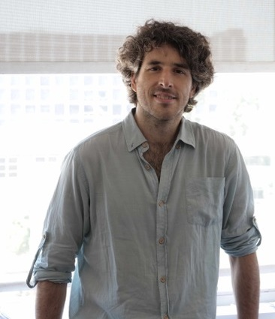
Juan Reutter
Juan is an associate professor at the Department of Computer Science and the institute for Mathematical Engineering and Computing of Pontificia Universidad Católica de Chile, and is the director of the Institute for Foundational Research on Data (IMFD). His research interest has to do with mathematical foundations of data management, web data and data science. Juan received his PhD at the University of Edinburgh in 2013, and his thesis was awarded the BCS distinguished dissertation award. Juan's work has been also recognized with the Cor Baayen Young Researcher Award, and best paper awards at PODS 2011, ISWC 2019 and an outstanding paper award at ICLR 2022.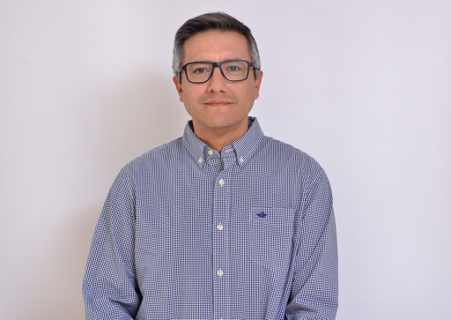
Gonzalo Ruz
Gonzalo A. Ruz is an electrical engineer with a master's degree in electrical engineering from Universidad de Chile and a PhD from Cardiff University, UK. He is a professor and director of the PhD in Data Science at the Faculty of Engineering and Sciences of Universidad Adolfo Ibáñez. He is also the director of the Millennium Nucleus for Social Data Science (SODAS). His lines of research include machine learning, evolutionary computation, data science, gene regulatory network modeling, and complex systems.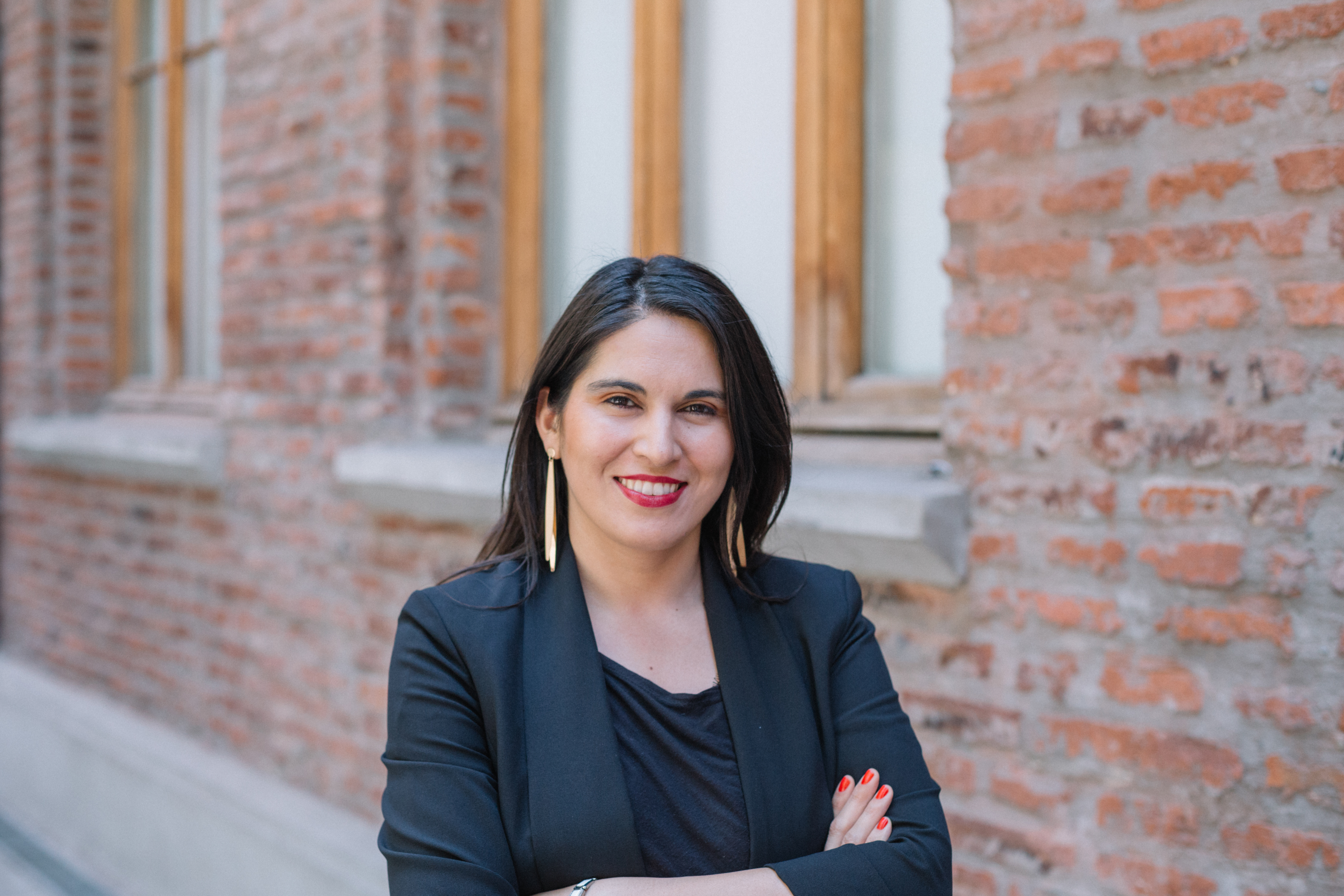
Magdalena Saldaña
Magdalena Saldaña is associate professor in the School of Communications at Pontificia Universidad Católica de Chile, where she teaches topics related to social media and news, digital journalism, and research methods. She is also associate director of the Center for the Study of Media, Public Opinion, and Politics in Chile, MEPOP, and associate researcher at Chile’s Millennium Institute for Foundational Research on Data, IMFD. Her research looks at information disorders in digital environments, such as misinformation, uncivil language, and hate speech. She holds a B.A. in Journalism and an M.A. in Social Research, both from Universidad de Concepción, Chile, and a PhD in Journalism from the University of Texas at Austin, USA.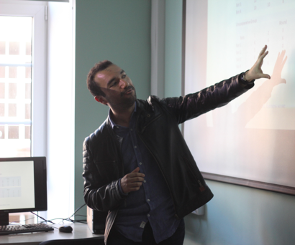
Mauricio Salgado
Mauricio Salgado is a researcher at the Centro de Estudios Públicos (Chile). His work focuses on three areas: the social antecedents of individual behavior, the modeling of social dynamics through computational methods, and contemporary social theory, particularly analytical sociology. He holds a Ph.D. in Computational Sociology from the University of Surrey (UK) and completed postdoctoral research at the Universitat Autonoma de Barcelona (Spain). Mauricio has led and contributed to various research projects and published around thirty articles in journals such as Social Science Research, Sociological Forum, Theoretical Biology, and Journal of Artificial Societies, Social Simulation, Advances in Complex Systems, and School Effectiveness and School Improvement. He has also taught undergraduate and graduate courses on statistical methods, economic sociology, computational social sciences, and contemporary social theory.Teaching Assistants

Adolfo Fuentes
Adolfo Fuentes Jofré is a Ph.D. candidate in Social Complexity Science at Universidad del Desarrollo, Chile, where he lectures on Network Science in the Master in Data Science program. He holds a Bachelor’s degree in Industrial Engineering and a Master of Science in Engineering from Universidad Diego Portales, as well as a Master’s degree in Data Science from Universidad del Desarrollo. Additionally, he has completed diplomas in Business Intelligence, Cognitive Neuroscience, and Big Data Analytics. With over a decade of professional experience, Adolfo specializes in actionable predictive modeling, leveraging Machine Learning and Deep Learning techniques for user behavior prediction, segmentation, and personalization. His work spans industries such as retail and services, focusing on Marketing, Commercial Strategy, and Customer Care. Adolfo’s research intersects computational social science and artificial intelligence, exploring political polarization and the quantification of mass political ideology through innovative AI algorithms. His current work aims to develop frameworks for autonomous decision-making systems, contributing to the foundation of a digital democracy.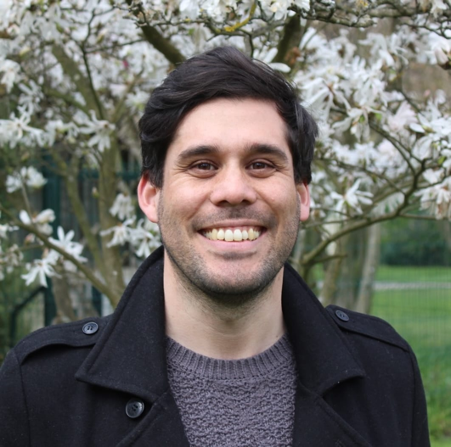
Ignacio Ormazabal
Ignacio Ormazábal is a physicist and postdoctoral researcher at the Computational Research in Social Sciences Laboratory, UDD. With experience studying complex systems and interdisciplinary applications of statistical physics, he researches political polarization through data analysis, complex networks, and human behavior experiments.
Jorge Ortiz
Jorge Ortiz Fuentes is a specialist in artificial intelligence and natural language processing, with a background in linguistics and a Master's degree in Computer Science. He currently works as a Machine Learning Engineer at LATAM Airlines, focusing on improving and deploying machine learning models and implementing solutions with generative artificial intelligence. Additionally, he has contributed to open source projects, such as the creation of language models trained in Chilean Spanish and the development of NLP tools.